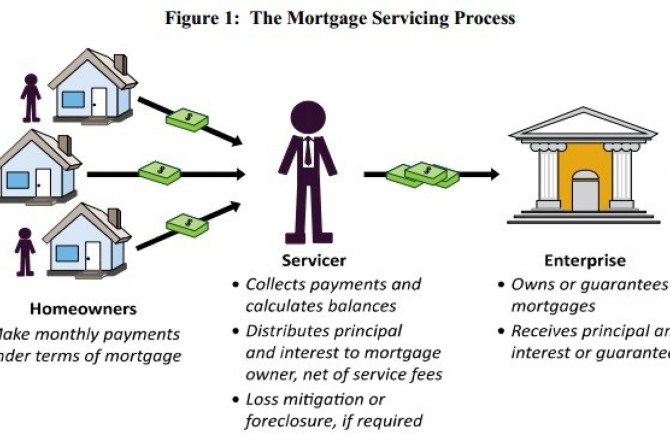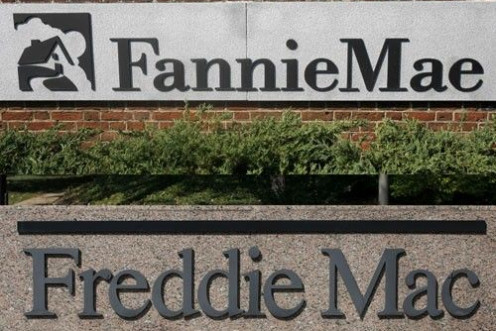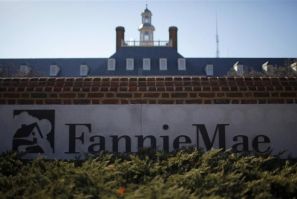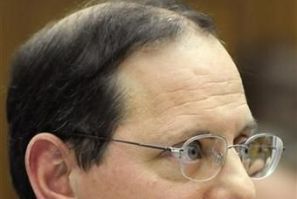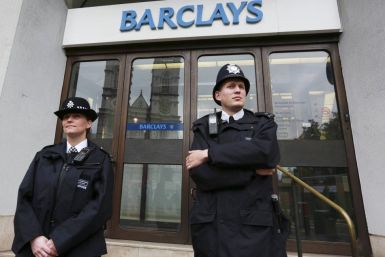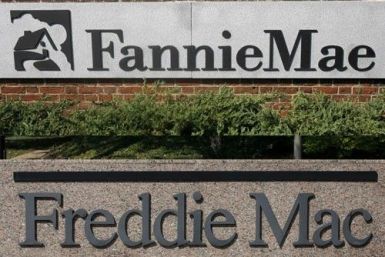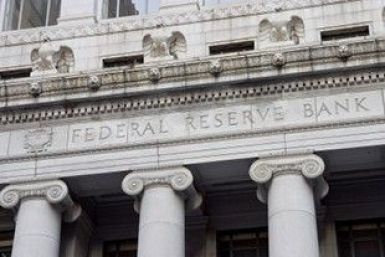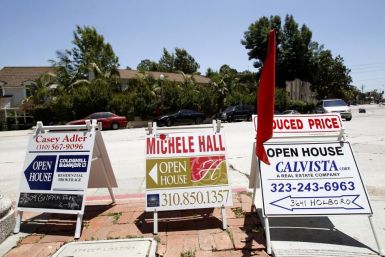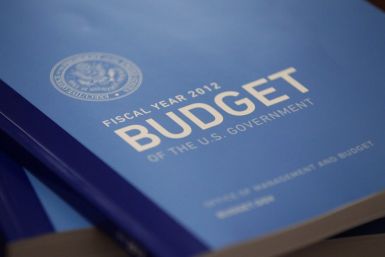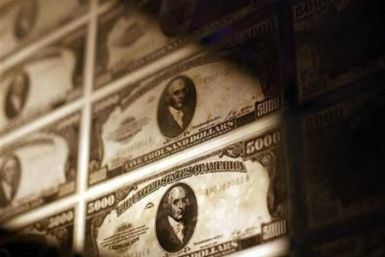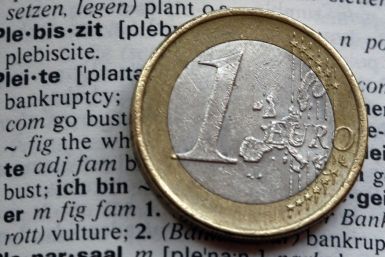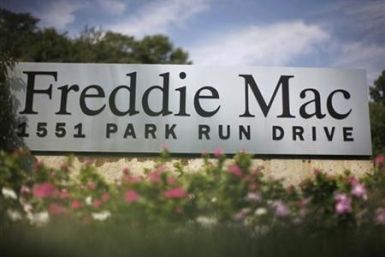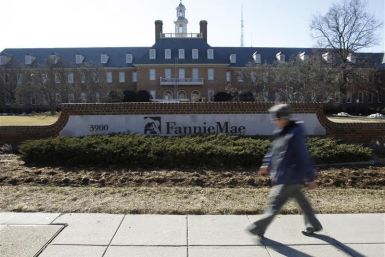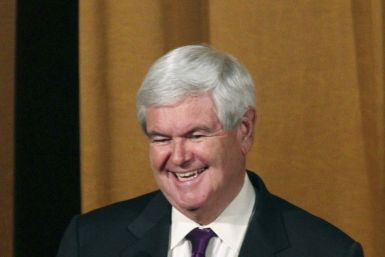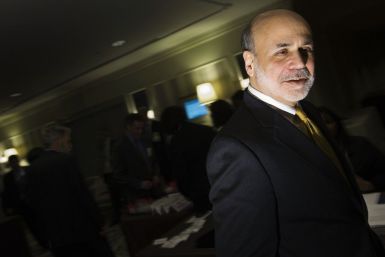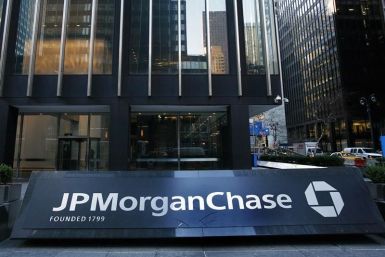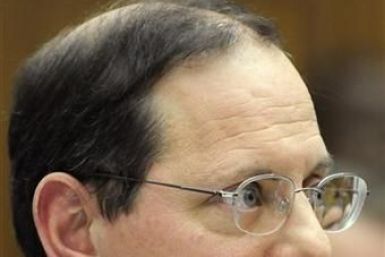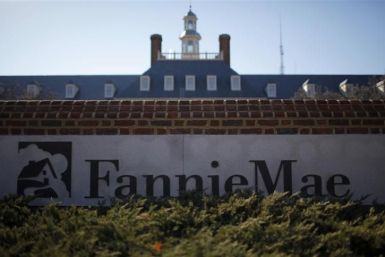The EU is looking into the possibility of making Libor and Euribor rate-rigging -- the deliberate manipulation of interest rates that set the benchmark for over $500 trillion in financial contracts - a criminal offense.
The future of Fannie Mae and Freddie Mac, the two government-controlled entities that guarantee around 60 percent of the U.S. mortgage market, remains uncertain, but their federal regulator is requesting a plan to wind them down and sell their assets.
During the second quarter, average rents increased to record levels in 74 of the 82 U.S. markets tracked by real estate data firm Reis Inc. (NYSE: REIS), according to a report released Thursday. A number of factors are driving the trend.
The dissolution of Fannie Mae and Freddie Mac, the two largest U.S. mortgage guarantors, would have only a minimal impact on home ownership level, according to a new report that downplays the link between low interest rates and increased ownership.
Four years after the 2008 financial crisis began gathering steam, the government has collected another piece of the remaining billions in bailout money that it's owed.
U.S. investors are getting back into real estate, but their efforts are being complicated by the uncertain housing market.
The IOU that is being laid on the doorsteps of U.S. taxpayers in the form of the national debt is far greater than most Americans realize. That's because the federal government does not report the true size of the national debt -- now nearly $80 trillion.
Fannie Mae, the federally controlled mortgage giant, said Tuesday it is appouinting its general counsel, Timothy Mayopoulos, as its new president and CEO.
Home prices are stagnant, crude oil is tumbling and copper has fallen to a seven-month low. Inflation is not the problem. What is the problem is inflation's evil twin, deflation.
Time to stop dropping the presumptive and the likely qualifiers: It is all but certain that after Texans finish voting in Tuesday's Republican presidential primary, Mitt Romney will have secured the 1,144 delegates he needs to win the nomination.
French and German consumer confidence showed unexpected strength, reports showed Friday. While the market is cheering about the good news, some economists view this as a warning sign of a euro zone crisis fatigue - something that is as dangerous, if not more so than the crisis itself.
U.S. 30-year fixed-rate mortgage rates hit a new record low in the week ending May 10, following lower Treasury bond yields and weaker economic data in April, mortgage financier Freddie Mac said Thursday.
Freddie Mac, the second-largest mortgage guarantor, will announce the appointment of Donald Layton, former head of E*Trade Financial Corp., as a new CEO as early as Thursday, the Wall Street Journal said.
Fannie Mae (OTC: FNMA), the government-controlled mortgage giant that was brought to its knees during the housing crisis, said Wednesday it had net income of $2.7 billion in the first quarter as home prices declined at a slower rate than in the previous quarter, and its book of business improved.
Nearly five months after his unexpected surge into contention for the Republican presidential nomination, Newt Gingrich is set to suspend his campaign and endorse Mitt Romney.
The target U.S. interest rate will remain at its current level of 0 to 0.25 percent through late 2014, the Federal Open Market Committee led by Federal Reserve chairman Ben S. Bernanke decided at a meeting Wednesday.
JPMorgan Chase & Co. (NYSE: JPM) and Wells Fargo & Co. (NYSE: WFC) beat first quarter earnings expectations Friday with the help of rising mortgage revenue, but the weak housing market could drag down future gains for the two big banks.
The federal regulator of Fannie Mae and Freddie Mac is arguing that principal reductions for home loans would benefit the banks that hold secondary debt while weakening the mortgage giants' finances.
Analysis by the two government-backed lenders, which have cost taxpayers over $150 billion since their 2008 bailout, shows loan forgiveness would keep hundreds of thousands of Americans in their homes while saving money.
At the height of the boom, commercial banks and investors gorged themselves on real estate, building unsustainable towers of debt that finally collapsed in 2008. But with the housing market improving, they may soon return for second helpings.
A U.S. Justice Department inquiry into the packaging and sale of home loans by the biggest U.S. banks casts a wide net and appears to significantly overlap with other enforcement efforts, according to people who have viewed subpoenas sent to the firms.
Like scorned lovers, Bank of America (NYSE:BAC) and Fannie Mae, the government-controlled mortgage giant, are having a very public falling out.


